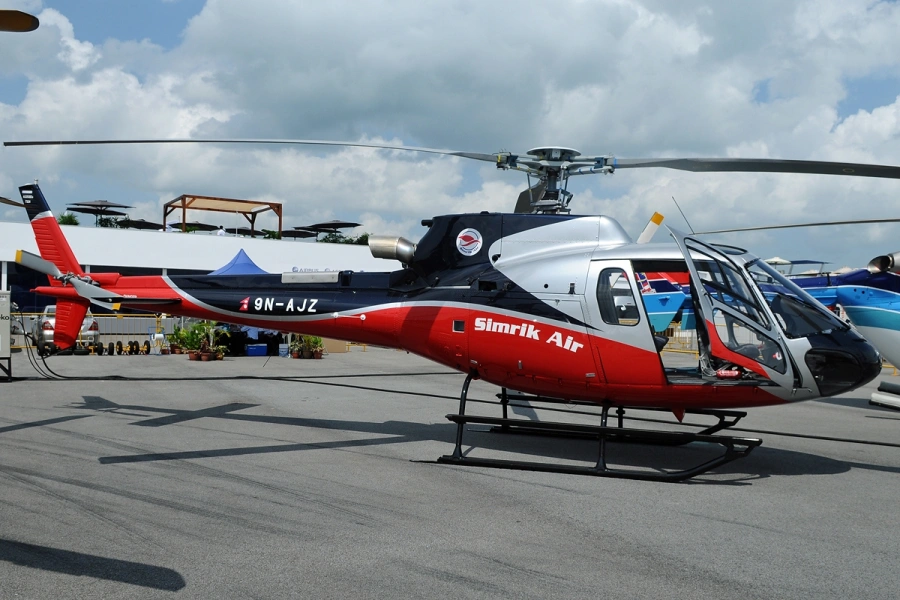Baku, Azerbaijan, Nov 16: Member of the Federal Parliament of Nepal and Vice-Chair of the Rastriya Swatantra Party (RSP), Dr Swarnim Wagle, has called for a bold departure in the way external finance is channeled to avert, minimize and address loss and damage associated with the adverse impacts of climate change.
Addressing three separate panel discussions on the sidelines of the 29th Conference of the Parties to the United Nations Framework Convention on Climate Change (UNFCCC), also known as COP29, in Baku on Thursday, Dr Wagle said that the Hindukush Himalaya mountains which store the largest amount of fresh water outside the two poles and feed ten major river systems are bearing the brunt of ‘elevation dependent warming’ with climate disasters likely to escalate in scale, frequency and intensity.
Dr Wagle, an economist who has also served as the vice-chair of the National Planning Commission, said that while global solutions entail a time lag, threats posed by air pollution need regional action. He said, “We have to reduce risks from idiosyncratic and systemic shocks, raise incomes of our communities through green growth, and cut costs to reduce distance and connect markets.”
Executive Director of UN Fund for Loss and Damage calls on PM O...

“In August 2024, glacial lake outburst flood (GLOF) swept away the village of Thame in the Everest region causing huge losses to local communities. Only 5 out of 200 potentially dangerous glacial lakes in the Hindu Kush Himalayas are monitored,” said Dr Wagle adding, “Post-monsoon rain in Nepal in September this year was the heaviest in 54 years causing at least 250 deaths. Dr Wagle quoted a study to assert that during 2017-2021, Nepal lost more than two percent of GDP due to climate induced disasters, which is expected to increase to 5 percent of GDP by 2030.
Dr Wagle emphasized that the National Climate Change Policy adopted by the government of Nepal in 2019 has committed to direct 80 percent of climate finance to the local level. Nepal’s Nationally Determined Contributions (NDC) is 1.5°C aligned, and its Local Adaptation Plan of Action (LAPA) through 753 governments could foster community-based adaptation. “Key to LAPA is the empowerment of local communities as they are on the frontlines and are the first responders,” he said.
Dr Wagle noted that there was a significant funding gap of 85 percent in implementing adaptation plans expected to cost a whopping US$47 billion by 2030. "Most risks are cross-boundary, so there is the need for incentivized regional cooperation for data, knowledge, and technology sharing protocols to pave the way for derisked and depoliticized decarbonization efforts,” he added.
Current approaches to humanitarian response are not effective, so there is a need to shift gears with urgency, agility and responsiveness being the new metrics of operation to improve upon long gestation periods and rigid budget cycles of aid bureaucracies, said Dr Wagle.
“The new Loss and Damage Fund should be an explicit component of the New Collective Quantified Goal (NCQG) being negotiated in Baku. New grants could be allocated directly to government budgets and then to communities without the involvement of costly transactional intermediaries. And to avoid fungibility, they must be accounted to be new and additional,” he advised.
Highlighting that while South Asia comprises eight countries, its ecological integrity demands creative transboundary cooperation superseding short-term political strains.
Separate panel discussions were steered by Canada’s International Development Research Centre (IDRC), the UK’s International Institute for Environment and Development (IIED) and the University of Reading’s Walker Institute.







































